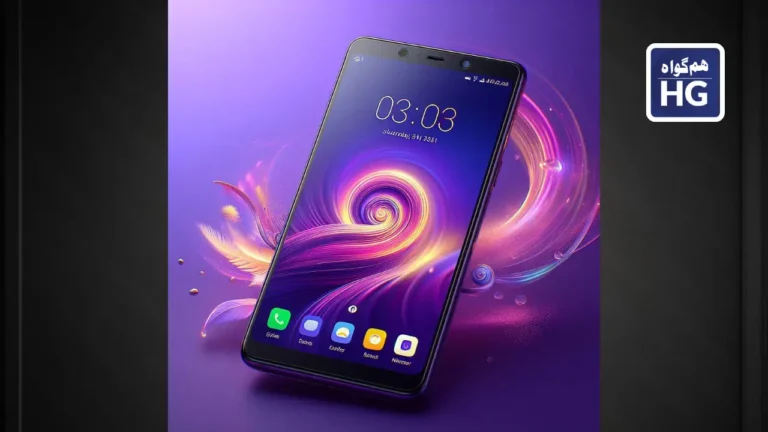Three infected with HIV from vampire facials
Vampire facials, a cheaper facelift alternative, can be risky if done in unclean places. The procedure involves drawing blood, processing it, then injecting it back into the face. Poor sanitation can cause infections. It’s crucial to prioritize cleanliness during the treatment to avoid complications. Patients should research clinics thoroughly and ensure proper sterilization. Though promising youthful skin, safety is paramount.
Three women got HIV
Three women in New Mexico may have contracted HIV after receiving vampire facials at an unlicensed spa. This marks the first known occurrence of the virus being transmitted during a cosmetic injection procedure, as reported by CBS News earlier this week, citing information from the CDC.
Skin Clinic
During a vampire facial, blood is drawn from the arm and platelets are separated and applied to the face using microneedles, as explained by a skin clinic. The procedure, also known as platelet-rich plasma (PRP), claims to reduce pore size, fine lines, and rejuvenate the skin.
However, according to a CDC report, multiple individuals without HIV risk factors were likely infected with the virus through vampire facials at a now-closed facility. The report marks the first time HIV transmission has been linked to nonsterile cosmetic injection services.
This finding highlights the potential risks associated with cosmetic procedures performed in unsanitary conditions. It underscores the importance of ensuring proper sterilization and hygiene protocols in clinics offering such treatments. Patients considering vampire facials or similar procedures should research clinics carefully and prioritize safety above all else.

Healthy looking foods can be harmful to kids
Thinking about injections
In 2013, Kim Kardashian, a famous media figure, had the cosmetic procedure done, but she’s now against it. The CDC advises people thinking about injections, whether for health or beauty reasons, to ask about the person doing it, where they work, and if they’re licensed. They should also check if the items used are approved by the FDA and come from a trusted supplier.
The CDC also says some states have a tool to check if someone is licensed. It’s important to research and ask questions before getting any cosmetic injections to make sure it’s safe.








